Having multiple credit cards is a dual-edged sword. It offers convenience, rewards, and financial freedom, but if used improperly, it can also ruin your credit scores and destroy your finances. So, how many credit cards is too many? We answer this question in detail below.
Is It OK to Have a Lot of Credit Cards?
Having multiple credit cards is not a problem if payments are made on time and average credit utilization is low. On the other hand, too many cards, overspending, and being irresponsible with due dates is a deadly cocktail.
It can create a mountain of credit card debt and leave your FICO score in the red.
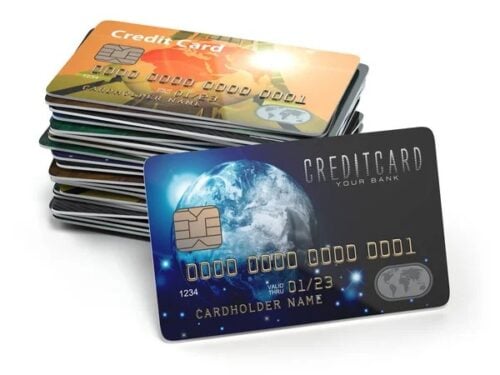
To make it even more complicated, not keeping multiple cards might also be bad for your credit reports.
Therefore, folks should keep the right number of cards they can manage.
Now, this answer raises several further questions, such as:
- How many credit accounts are too many?
- What is the right number of credit cards for you?
- How can you decide when to get a new credit line?
We will answer all of these in the sections that follow.
How Many Credit Cards Is Too Many?
There is no perfect number of credit cards. It depends on how well you can manage the ones you have. Having at least one is important for building a credit history and for its convenience and benefits.
Beyond this, having multiple credit card accounts has two facets: how they are used and how much you utilize each.
Let’s discuss these two points in detail.
How The Cards Are Used
Using several cards is a tradeoff between their utility vs. the time you are willing to invest in managing them.
This is why the right answer depends on the kind of person you are. In general, we can outline three types of users:
Firstly, there are folks who find balancing multiple due dates, spends, balances, credit limits, and reward points hectic. For them, it is best to opt for a single, flat-rate cashback credit card.
In the second category, there are people who have varied spending habits and don’t mind keeping track of a few cards.
Most people fall into this category and can hold between two and four. Ideally, one flat-rate cashback card and two or three ones with specific rewards programs are best suited to them.
Lastly, there are a few who are experts at managing their spending. They seek reward points in every transaction and can remember the benefits and details of each card.
For this third set of credit card users, keeping even five to ten cards is not a problem.
Reducing Average Credit Utilization Ratio
Using more than 30% of your available credit limit can impact your score (even if payments happen on time). Therefore, in theory, keeping multiple credit cards can be beneficial by lowering the credit utilization rate.
Let’s explain this with an example.
If your usage on a single card is currently 80% of the credit limit, getting a second one can ideally bring it down to nearly half. Unfortunately, that’s not how it always works.
The lure of easy credit often causes card users to spend more, increasing overall usage. In time, average utilization across all cards can increase after getting a new account, which can hurt credit scores.
Hence, getting multiple cards only makes sense if you can keep this metric down.
Do Too Many Credit Cards Hurt Your Credit?
Yes, owning multiple credit cards in quick succession can make you appear a potentially risky client to future lenders. Each new application causes a hard inquiry on your credit report, which creates a temporary dip.
Moreover, there is a 10% weightage for new credit on the FICO score. If there are too many applications in a short duration, this factor pulls it downward.
Ideally, a three to six month waiting period between multiple applications is advisable.
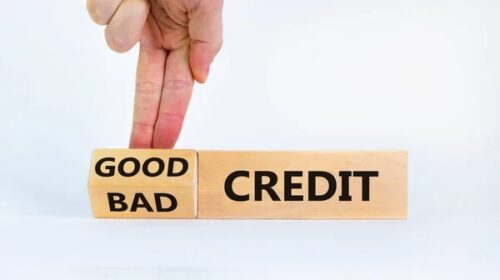
Another point to note is that it is hard to manage several cards. It may lead to late payments, missed due dates, and profligate spending. All of these can significantly hurt your creditworthiness.
Lastly, it is problematic even to cancel cards when there are too many.
Closing older cards reduces the average credit age, another factor in the credit scoring formulas. Hence, it is best to avoid having too many of them.
What Is a Good Amount of Credit Cards?
Keeping between two to four cards, along with other forms of debt, is best for maximizing credit scores. The FICO credit scoring model rewards having a variety of credit types in the report (with no defaults).
Lenders feel assured that you understand how credit works and are responsible for it when they see this behavior. As an additional benefit, having more than one card gives access to multiple reward programs.
How To Decide When To Open a New Credit Card Account
In certain situations, applying for a new credit card account can have a higher probability of success and benefit you. On the other hand, sometimes, it might hurt your credit scores even further. We explain both scenarios below.
When Applying is Good
Excellent credit scores
If your score is already high, the chances of being approved for the new card increase manifold. Otherwise, it might be best to wait.
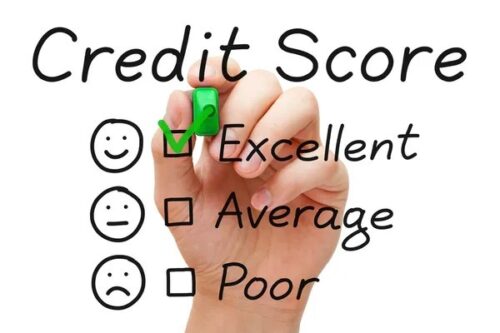
Preapproval/Referral
In both these cases, the probability of your application getting approved is higher than applying directly. Moreover, in the case of referral, there is a chance that the card issuer might offer a joining bonus as well.
Transferring a balance from a high-interest card
Some credit cards come with 0% interest for a promotional period. If one is being offered to you, getting it and transferring balances from other high-interest ones can be advantageous.
This can reduce your repayment burden.
If the current utilization ratio is high
The average credit utilization ratio is a parameter that impacts the overall FICO score. Below 30% of the available credit limit is considered ideal.
If it is higher than that, opting for a new card and splitting the expenses is a good idea.
Building a credit profile
People starting out in their careers or those who have only sparingly used credit instruments should get a new card to build their profile.
When Applying Might Backfire
Poor credit history
If your current scores are not much to write home about, applying for more cards can only hurt them. The probability of being rejected is high.
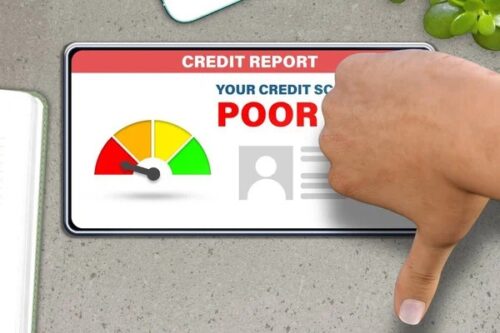
Moreover, each application will cause a hard inquiry, bringing the scores down further.
New mortgage or loan
If you are buying a house or car and are in the market for a big loan, applying for a new credit card is a bad idea. The hard inquiry mentioned above will cause a temporary dip in your score.
This will make it difficult to get a good bargain on the mortgage you are trying to take out.
How Long to Wait Between Applications
It is best to wait at least 90 days between applications, and even better if it can be avoided for six months. Multiple applications in quick succession have two negative effects on the credit report.
Firstly, each time, lenders do a hard check on your FICO report, which causes a reduction in the score. Secondly, a credit card issuer might view this behavior as suspicious.
They would be wary of offering new credit to the applicant. Hence, the chance of getting approved also goes down.
In fact, some credit card issuers have internal rules that automatically reject such applications. Chase, for example, has a famous 5/24 rule.
It will not accept any credit card applicant who has tried to get five or more cards in the last twenty-four months.
Tips On Managing Multiple Credit Cards
Often, the problem is not because there are multiple cards; the issue is how to manage them. Here are some ideas that can help out.
Understand the T&Cs
The key things to understand about each of your cards include the following:
- Credit limit
- Due date
- Annual fees
- APR
- Late fees
- Other charges
For special financing offers (such as those with an upfront six-month 0% APR), make a special note of the APR post-promotion. Typically they would have higher charges later on, so don’t carry large balances on them beyond the initial period.
Apart from this, note down the points above for each of your cards and put them somewhere easy to remember, such as on the phone. Make sure to also keep track of balances at all times. There are several phone apps that can help with this.
Always Pay Within Due Dates & The Whole Amount
Try to always pay off your credit card balances in full before the due date. Payment history is the most important aspect that major credit bureaus look at.
If it is not possible, ensure that you are at least paying back as much as possible, and certainly higher than the minimum payments due.
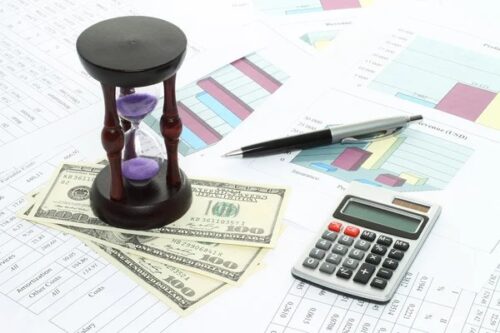
Even if there is a 0% APR plan available, make sure not to carry large balances on it.
Here are some tips to help keep track of due dates:
- Automate your monthly payments to the extent possible.
- Create reminders for important dates.
- Change the dates to after your payday if they occur before it.
Horses For Courses
Each card has its strengths. Some offer great reward points on gas, others on retail shopping, etc.
Work out which card offers the best benefits for your biggest expenses and label and use them accordingly. When traveling outside the US, check for the transaction and foreign markup fees on each card.
Use only the ones with the minimum markups.
Annual Fees
It is important to periodically evaluate whether any annual fees being paid for cards are worthwhile. Whenever a card comes up for renewal, figure out the key benefits.
Then do approximate math on how much savings it can give you during the year. If the benefits are less than the fees, call up customer care. Card issuers often offer a better bargain or even waive the fee.
Negotiate carefully and see if what is offered is meaningful. If it is not working out, check if a downgrade to a lower-fee card is possible.
As a last resort, do not hesitate to cancel either. Even though it may temporarily impact your credit score, it would be a better option in the long term.
Also, keep in mind any expected spending habits or cash flow changes, and align your cards accordingly.
When Does Having One Card Makes Sense
Having a single card is ok if other types of credit are already on your report. Lenders are interested in the variety of debt you hold rather than the number of credit lines on your report.
Therefore, it is easier for folks with other forms of debt to hold just one card. There are even some advantages to doing this.
For example, there is a lower risk of identity theft with a single card. It is also simpler to manage. It cuts the number of due dates and interest rates to be remembered.
Moreover, some cards offer better rewards as the number of points increases. Having just one card helps to accumulate them quickly.
Final Thoughts
Ultimately, there is no one size fits all answer to how many credit cards are perfect. It depends on your ability to manage their payments and due dates while ensuring a low credit utilization rate and maximizing benefits.
For most people, two to four cards are enough. But if one is careful with payments, it is possible to keep more than that.
On the other hand, having a single card is also fine as long as there are other types of debt on your report. One thing to always avoid is applying for too many credit cards too quickly.
Between applications, always wait for a minimum of 90 days and, if possible, six months. Make sure you understand the terms of each card and where to use it.
Lastly, always ensure payment in full before the due date.

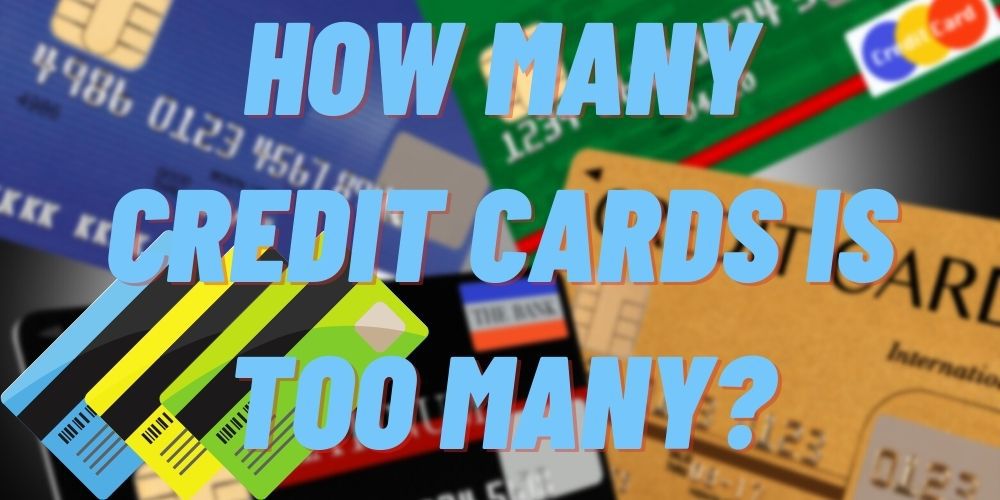
 Tags:
Tags:










